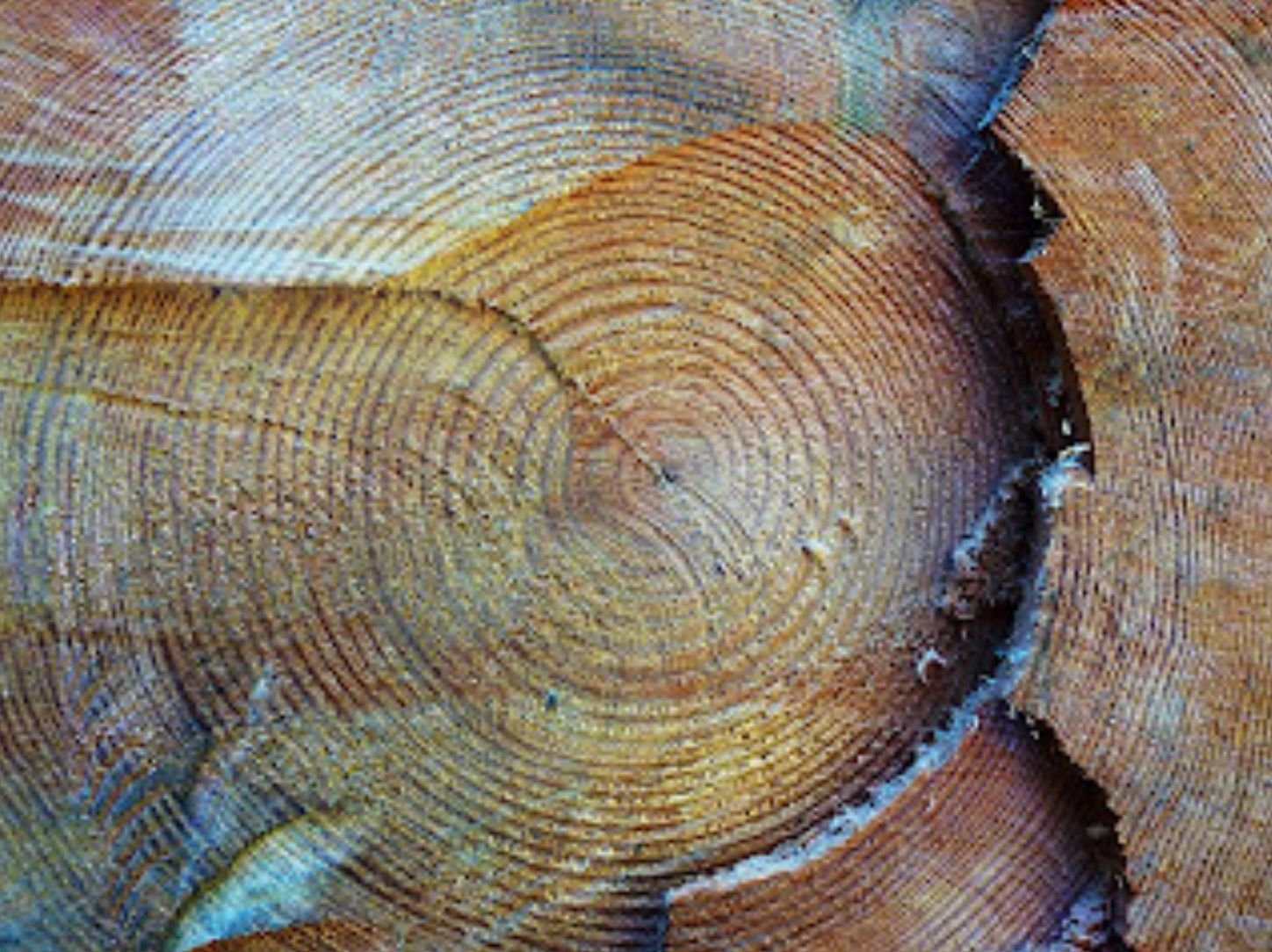Standing in the Olympic National Park
The Daoist sage Zhuangzi advised - "It takes a long time to do a thing properly... Follow with whatever happens and let your mind be free; stay centred by accepting whatever you are doing. This is the ultimate... It is best to leave everything to work naturally..." Chen Fake is reported to have frequently advised his students to ting qi ziran, literally to "listen to nature" or perhaps more accurately to "go with what is natural".
During my recent visit to the USA I had the good fortune to visit the pristine wilderness of the Olympic National Park's temperate rainforests. On the flight back to the UK I reread the following passage from The Essence of Taijiquan:
"Taijiquan is rooted in Daoist philosophy. Daoist thinking holds that nature is as it is and that within the cosmos everything has its natural place and function. This can only be distorted and misunderstood when it is defined, labelled or evaluated. "The object of human wisdom is to fall in line with the Dao or the ways and laws of nature and live in harmony with them". Trying too hard is the surest way not to achieve - for example the Taijiquan practitioner who makes the mistake of "trying" to relax instead of just relaxing. Generations of teachers have instructed their students to practice according to the correct principles and let nature take its course".
It is important to be clear what it is we are trying to achieve in our Taijiquan practice. Take the training method of zhan zhuang (standing post) - why do we do this exercise?
- mental calmness
-postural awareness & structural integrity
-lower body stability,/upper body lightness -etc etc
Every Taijiquan student knows this, but how many achieve it? A saying in the Taijiquan classics states that we must go through the process of calming the mind - from this the emotions become stilled - from this the body begins to relax. An inevitable and inviolable sequence. Watch the masters standing - they look comfortable, often stirring slightly, readjusting their positions - clear in what they are trying to achieve. Contrast this with many people who turn standing into a kind of penance. Is someone standing rigid and unmoving really engaging with this process (calm mind/emotional stillness/bodily relaxation)?
It is important to sometimes let go of the desire to over-analyse. Get back to nature and experience its forces instead of reading about them. For a short time perhaps see the world a little more like the Daoists whose thinking shaped the art we practise:
Inward to outward expansion
Back to the forest.- the concentric circles within the trunk of a fallen 400 year old tree aptly illustrates the idea of inward to outward expansion (Taijiquan's peng jin). Also the layers of circularity hidden within the straightness of the trunk.
- trying to cross the Queets River my legs were taken by the power of the water. Not in a predictable direct push, but in a swirling uprooting motion - instantly finding any weakness of balance or moment of indecision as I try to find a firm foothold.
- watching the branches of the 10,000 year old forest move with the breeze - neither before nor after - neither purposive nor pre-emptive -but exactly in accord. Isn't this a perfect example of Taijiquan's listening skill or ting jin?
Respect to our friend and guide Kevin Fetherson (right) - ecologist/professor/man of the forest - for a great wilderness Taiji lesson. [FIRST PUBLISHED 26/12/2012]


